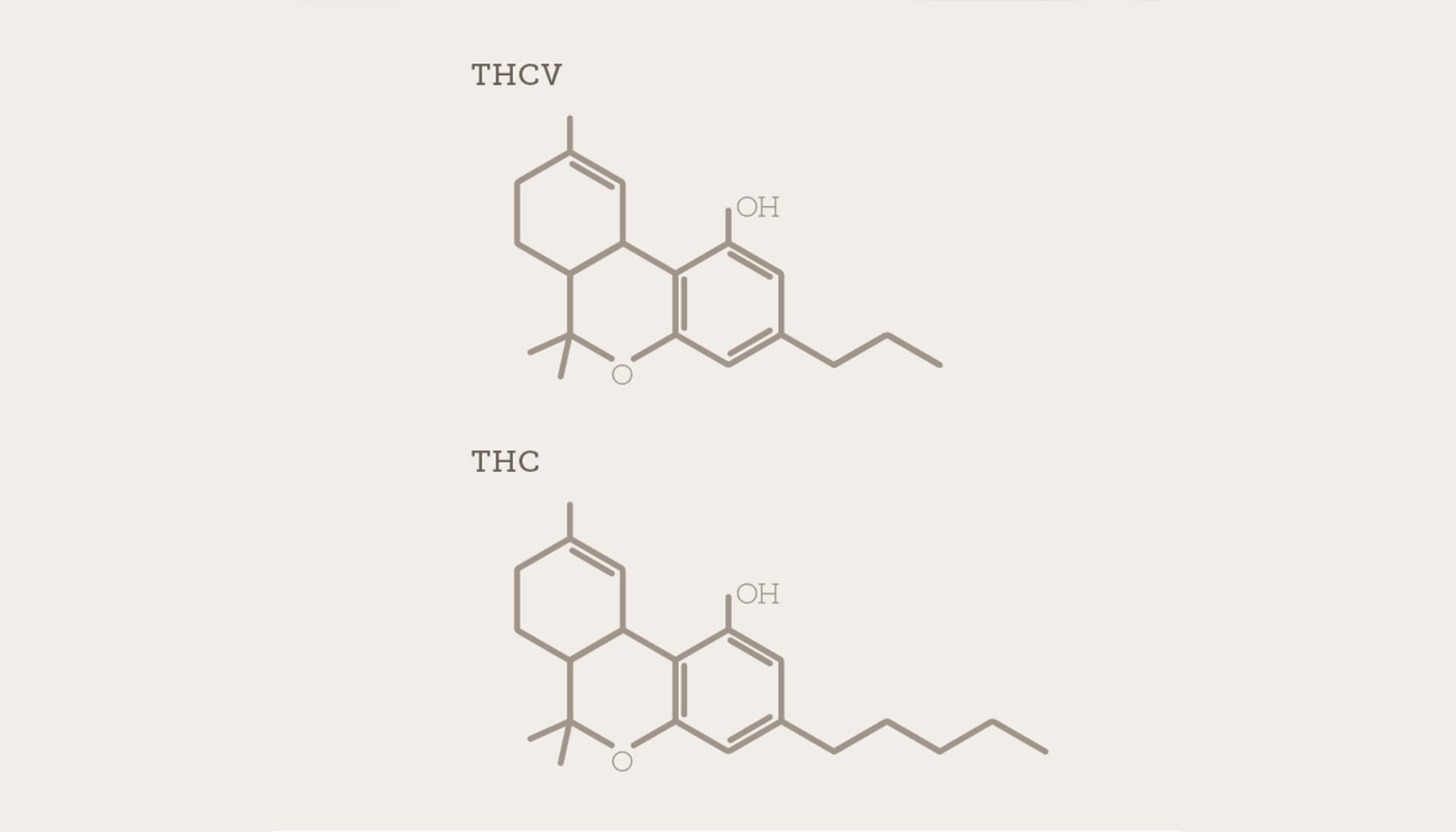Tetrahydrocannabivarin (THCV) is a cannabinoid substance found in marijuana and hemp plants. It's chemically comparable to tetrahydrocannabinol (THC) but with some essential distinctions. Here's whatever you require to understand about THCV including the dangers, advantages, differences, and resemblances with other kinds of THC and more. What Is THCV? THCV is a less typical cannabinoid found in some stress of cannabis, specifically African sativa.
 What is THCV and what are the benefits of this cannabinoid? Leafly
What is THCV and what are the benefits of this cannabinoid? Leafly
![]() Tetrahydrocannabivarin: What is THCV & It's Effects - Dr. Green Relief
Tetrahydrocannabivarin: What is THCV & It's Effects - Dr. Green Relief
 What Is THCV (Tetrahydrocannabivarin) And What Does It Do?
What Is THCV (Tetrahydrocannabivarin) And What Does It Do?
THCV has a 3-carbon side chain instead of THC's 5-carbon side chain. This distinction is subtle, however it has a visible effect on the effect profile. THCV is somewhat psychoactive but only about and about. What Does THCV Feel Like? THCV has a strong energy-boosting part to it, that makes it especially popular among students and athletes.
In the United States, THCV guideline is nuanced. THCV is not an Arrange I Drug, but cannabis extracts are making it rather uncertain what the federal position is on THCV. The 2018 Farm Bill states that hemp plants and all derivatives of the plants are legal on a federal level, so lots of business follow this law and still provide THCV to clients by just extracting the compound from hemp plants.
If THCV is considered a THC analog, it could be controlled in the future by the very same guidelines as THC under the Federal Analog Act. This act specifies that any substance that shares a comparable molecular profile as a known prohibited substance it's included in the same drug Arrange classification.
What Are the Impacts of THCV? Supporters of THCV report that it produces an extreme burst of energy and makes them feel euphoric without the mental cloudiness brought on by THC. The effects are very mild compared to THC. The impacts are almost solely cognitive yet in some way have really little influence on headspace.
2. THCV & Hunger Some THCV users declare that it curbs their appetite. This is a common effect of other focus-enhancing substances. It's as though THCV eliminates the diversion of other physical procedures (like appetite) in order to protect resources and attention to cognitive tasks instead. How Does THCV Work? Cannabinoids produce biological results in the human body by connecting with endocannabinoid receptors.
CB1 receptors are situated in the nervous system and engage with neurotransmitters in the brain to produce mind-altering effects. Interaction with CB1 sites is what provides some cannabinoids like THC their psychoactivity. THCV is a bit difficult to understand because it's mostly a CB1 villain, implying it has the opposite effect as THC.
While scientists are still looking for to understand this procedure, it appears THCV has the ability to block the effects of CB1 in low doses and promote them in high dosages. CB2 receptors are discovered mainly in the immune system. THCV is a partial agonist of CB2, however the results of this partial activity aren't widely known, and it apparently has no discernible influence on THCV users' experience.
As discussed in the previous area, THCV is a CB1 villain in low dosages which is the precise opposite effect of delta 8 and delta 9 THC. This could mean that THCV neutralizes a few of the psychedelic effects of THC. This effect could describe why people who utilize THCV feel so clear-headed particularly compared to the well-known "fogginess" caused by delta 9 THC.